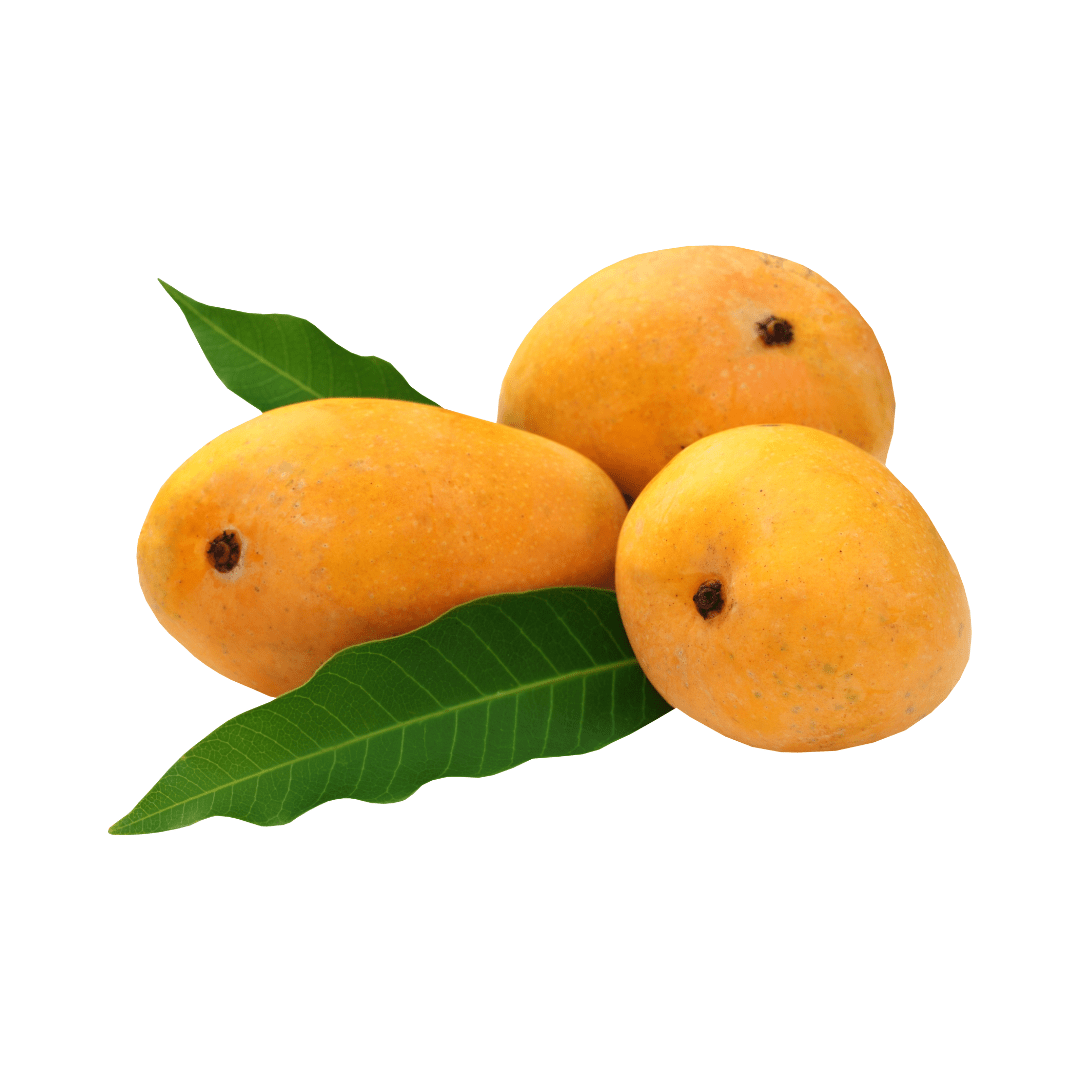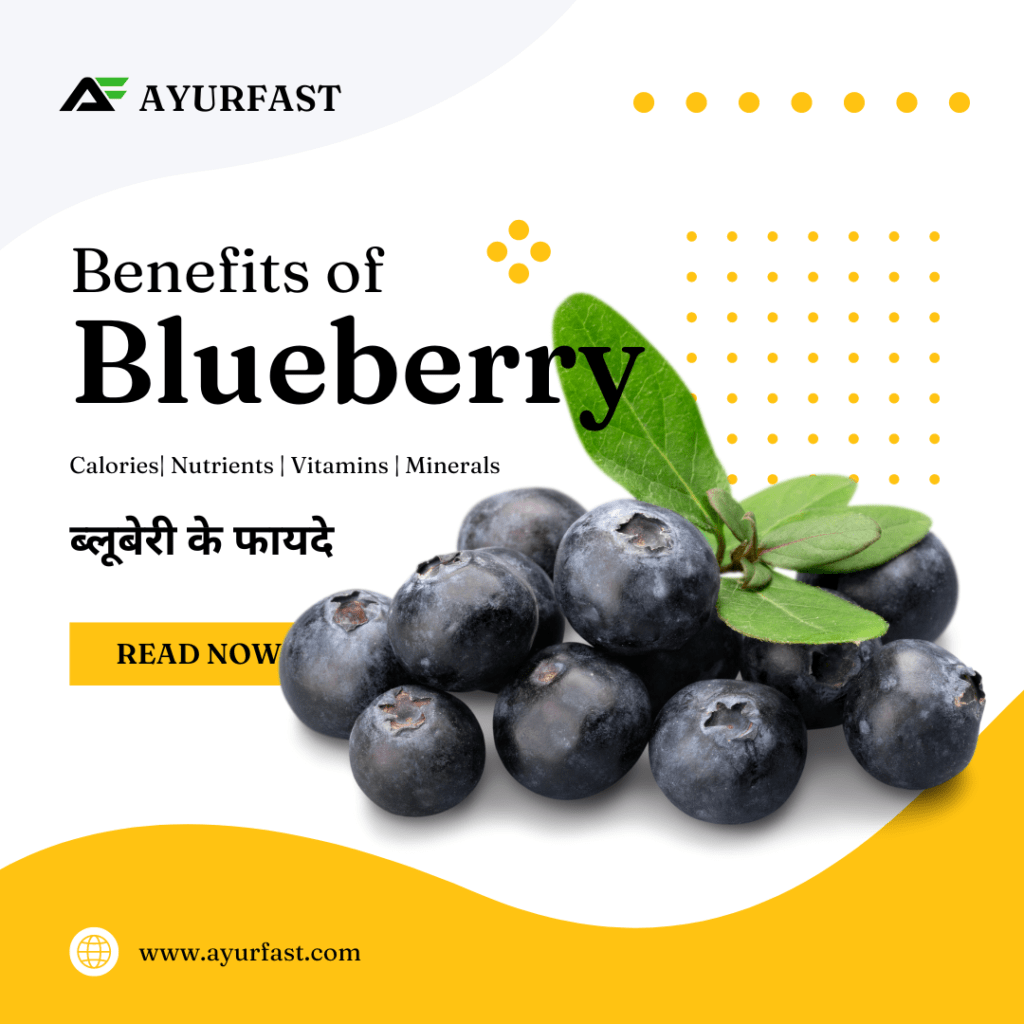About
The mango is a tropical fruit that belongs to the family Anacardiaceae. It is native to India and Southeast Asia but is now grown in many tropical and subtropical regions around the world. The fruit is oval in shape, with a smooth skin that can range from green to yellow or red, depending on the variety. The flesh is juicy and sweet, with a characteristic aroma.
Health Benefits of Mango:
-
Rich in Nutrients: Mango is a rich source of vitamins, minerals, and antioxidants that are essential for good health. It contains vitamins A, C, and E, as well as potassium, magnesium, and fiber.
-
Boosts Immune System: Mango is rich in vitamin C, which is known to boost the immune system and protect against infections and diseases.
-
Improves Digestion: Mango contains dietary fiber, which helps to regulate digestion and prevent constipation.
-
Lowers Cholesterol: Mango contains compounds that are known to lower LDL (bad) cholesterol levels in the blood, which can reduce the risk of heart disease.
-
Promotes Eye Health: Mango is rich in vitamin A, which is essential for eye health and can help to prevent age-related macular degeneration.
-
Anti-inflammatory: Mango contains compounds that have anti-inflammatory properties and can help to reduce inflammation in the body.
-
Skin Health: Mango is rich in antioxidants and vitamin C, which can help to protect the skin from damage caused by UV radiation and other environmental factors.
Diseases that can be cured by Mango:
- Anemia
- Cancer
- Constipation
- Diabetes
- Heart disease
- High blood pressure
- Inflammation
- Skin problems
Table of Energy and Macro Nutrients per serving of 50g of Mango:
| Nutrient | Amount per Serving (50g) |
|---|---|
| Calories | 27 |
| Carbohydrates | 6.7g |
| Fiber | 0.7g |
| Protein | 0.3g |
| Fat | 0.1g |
| Water Content | 42g |
Table of Vitamins per serving of 50g of Mango:
| Vitamin | Amount per Serving (50g) |
|---|---|
| Vitamin A | 158mcg |
| Vitamin B1 | 0.02mg |
| Vitamin B2 | 0.03mg |
| Vitamin B3 | 0.27mg |
| Vitamin B6 | 0.05mg |
| Vitamin B12 | 0mcg |
| Vitamin C | 23.6mg |
| Vitamin D | 0mcg |
| Vitamin E | 0.45mg |
| Vitamin K | 4.2mcg |
| Folate | 14mcg |
| Biotin | 0.15mcg |
Table of Minerals per serving of 50g of Mango:
| Mineral | Amount per Serving (50g) |
|---|---|
| Calcium | 6mg |
| Iron | 0.11mg |
| Iodine | 0mcg |
| Zinc | 0.06mg |
| Magnesium | 6mg |
| Phosphorus | 10mg |
| Potassium | 111mg |
| Sodium | 1mg |
| Chloride | 3mg |
| Copper | 0.05mg |
What is Mango, and where is it native to?
Mango is a tropical fruit belonging to the family Anacardiaceae, native to India and Southeast Asia.
How does Mango taste and what are its characteristics?
Mango has a juicy and sweet flesh with a distinctive aroma. The fruit is oval-shaped and can have smooth skin ranging from green to yellow or red.
Where is Mango commonly grown now?
Mango is now grown in many tropical and subtropical regions around the world.
What are the health benefits of consuming Mango?
Mango is rich in nutrients, vitamins (A, C, E), minerals (potassium, magnesium), and antioxidants, which can boost the immune system, improve digestion, lower cholesterol, and promote eye health.
How does Mango boost the immune system?
Mango's high vitamin C content is known to strengthen the immune system and protect against infections.
Can Mango help in improving digestion?
Yes, Mango contains dietary fiber that aids in regulating digestion and preventing constipation.
How does Mango lower cholesterol levels?
Mango contains compounds that can lower LDL (bad) cholesterol levels, reducing the risk of heart disease.
Is Mango beneficial for eye health?
Mango is rich in vitamin A, which is essential for maintaining eye health and preventing age-related macular degeneration.
How does Mango help in reducing inflammation?
Mango contains compounds with anti-inflammatory properties that can help reduce inflammation in the body.
Can Mango contribute to better skin health?
Yes, Mango's antioxidants and vitamin C can protect the skin from damage caused by UV radiation and other environmental factors.
What are the diseases that Mango can potentially help cure?
Mango consumption may have beneficial effects on anemia, cancer, constipation, diabetes, heart disease, high blood pressure, inflammation, and skin problems.
What are the energy and macro nutrients in a serving of Mango?
A 50g serving of Mango contains 27 calories, 6.7g of carbohydrates, 0.7g of fiber, 0.3g of protein, and 0.1g of fat.
What are the vitamins present in Mango per serving?
A 50g serving of Mango provides vitamin A, B1, B2, B3, B6, C, D, E, K, folate, and biotin.
What minerals are found in Mango per serving?
A 50g serving of Mango contains calcium, iron, iodine, zinc, magnesium, phosphorus, potassium, sodium, chloride, and copper.
Can Mango help in curing anemia?
Mango's nutritional content, including iron, may play a role in managing anemia.
How can Mango benefit heart health?
Mango's properties, such as lowering cholesterol and reducing inflammation, contribute to heart health.
Is Mango suitable for diabetic individuals?
Moderation is key, but Mango can be included in a diabetic diet as part of overall meal planning.
Are there any side effects of consuming Mango?
Excessive consumption of Mango may lead to stomach upset in some individuals due to its fiber content.
Can Mango be part of a weight loss diet?
Mango's fiber content can aid in weight loss by promoting satiety and reducing cravings.
How can Mango be incorporated into different recipes and dishes?
Mango can be enjoyed fresh, added to smoothies, salads, salsas, desserts, and various savory dishes.









